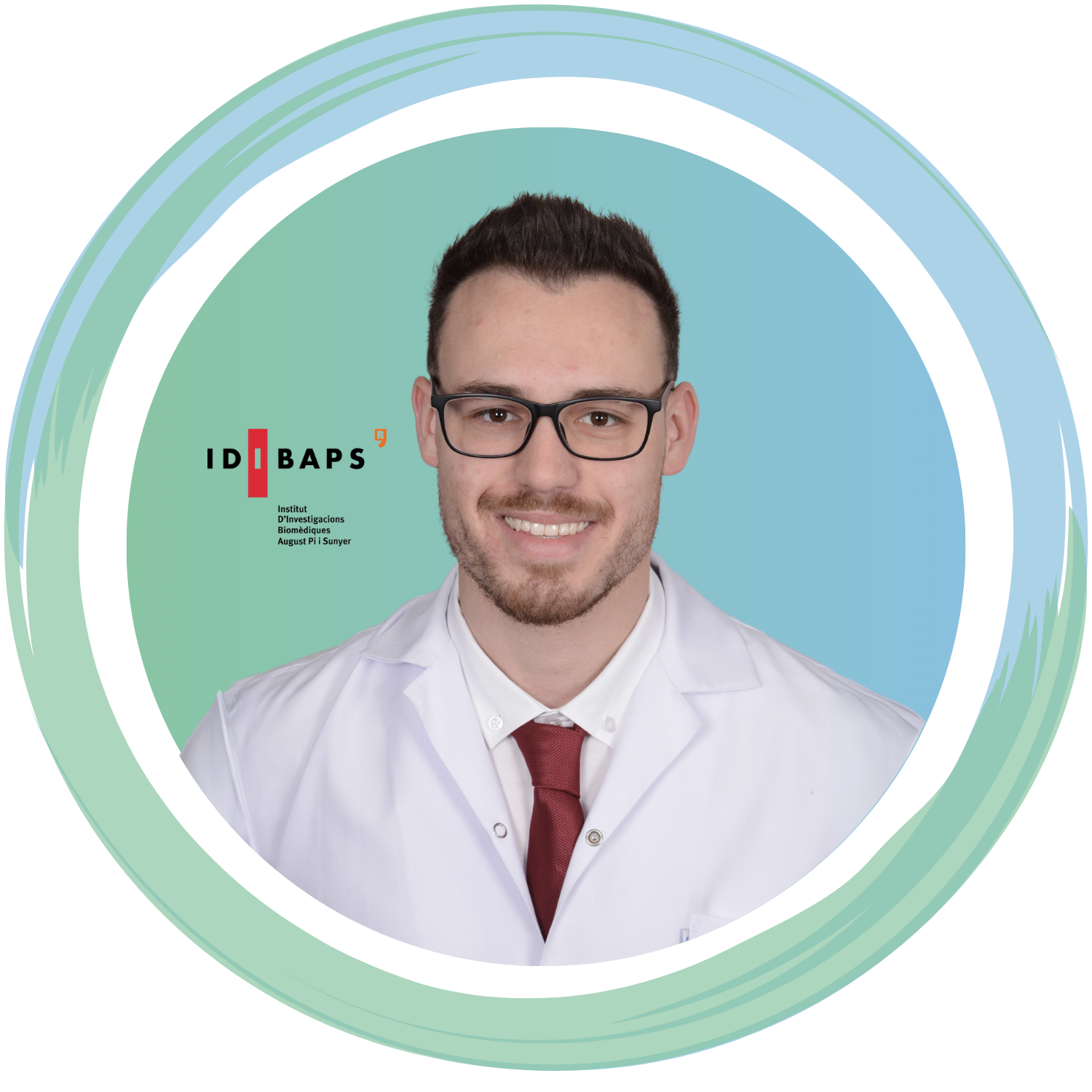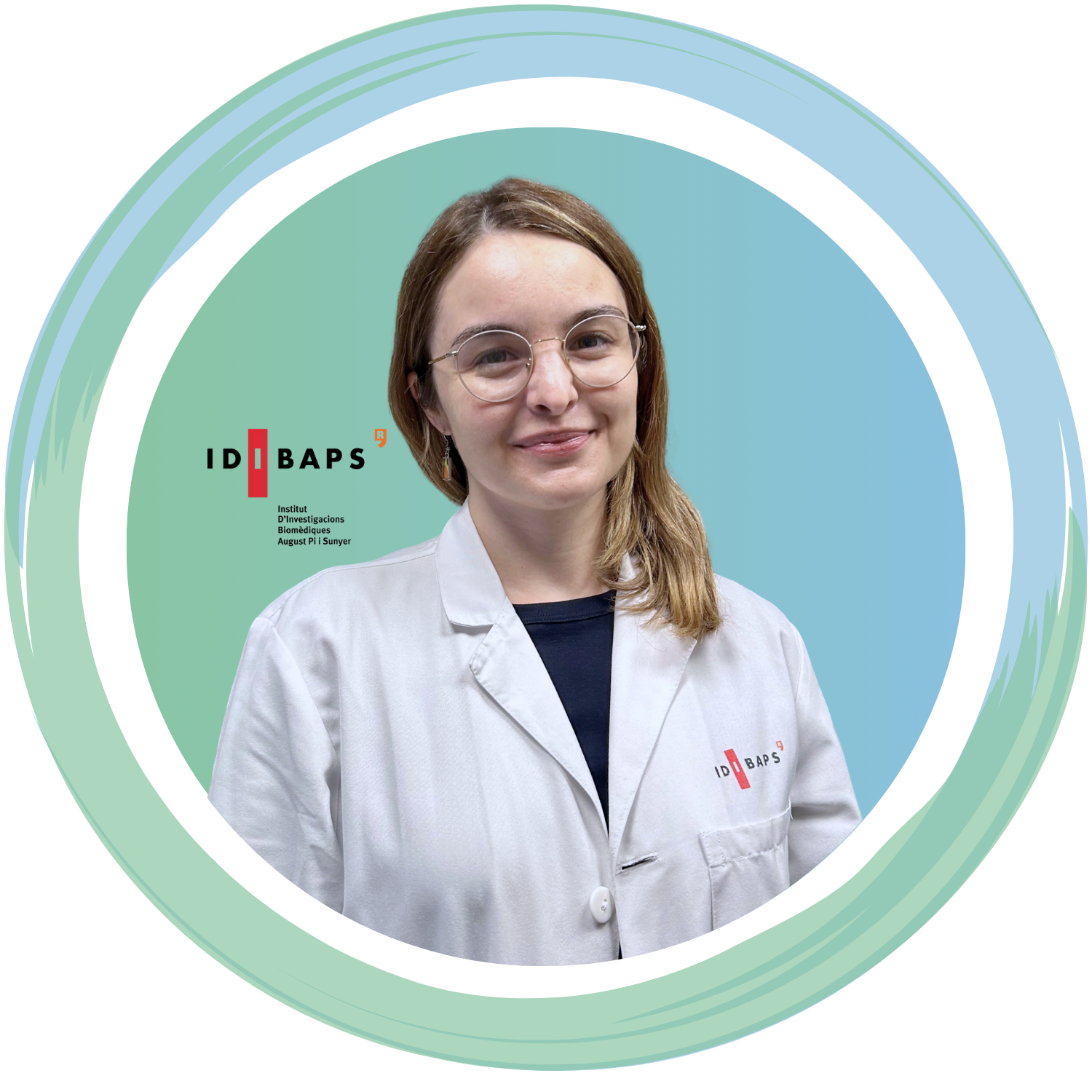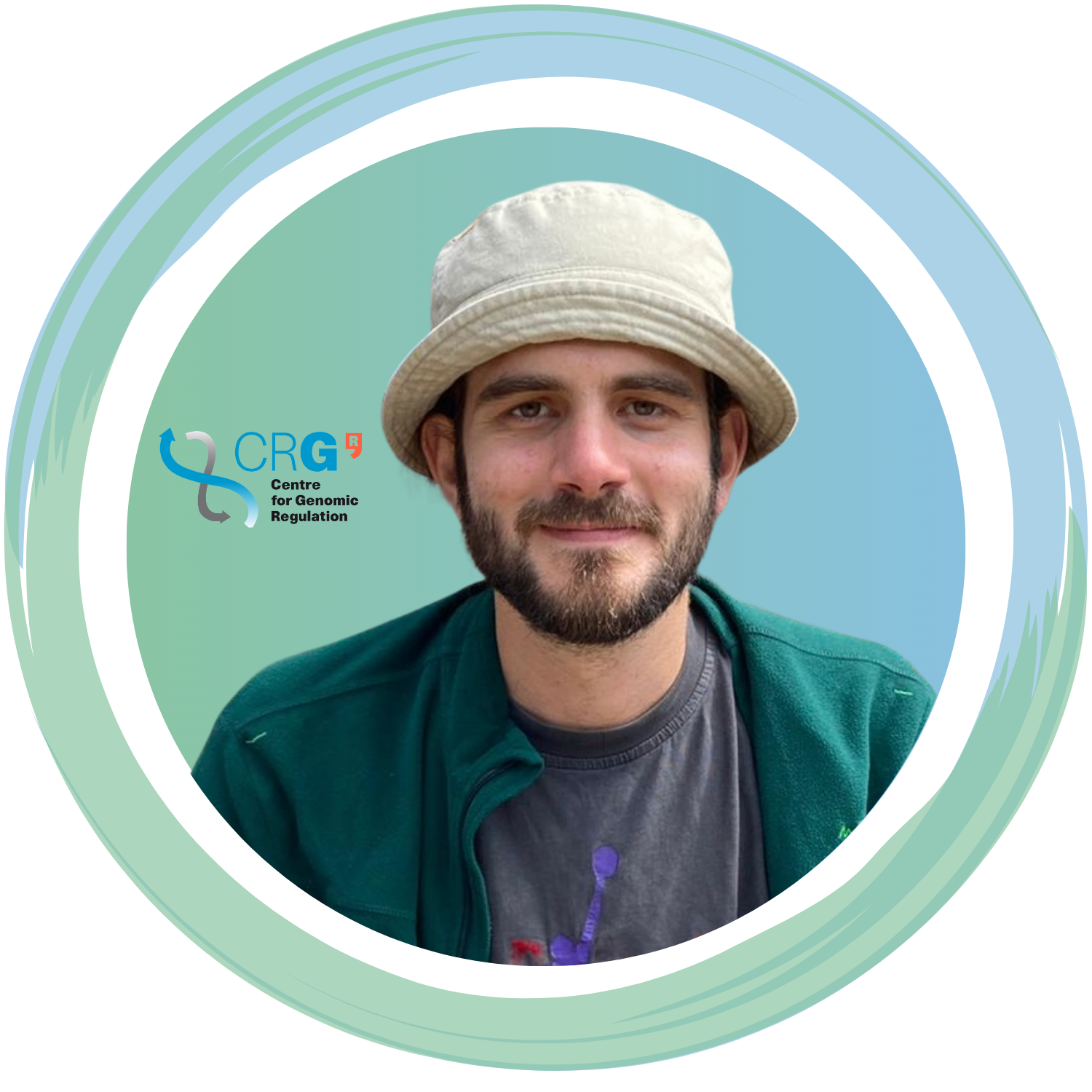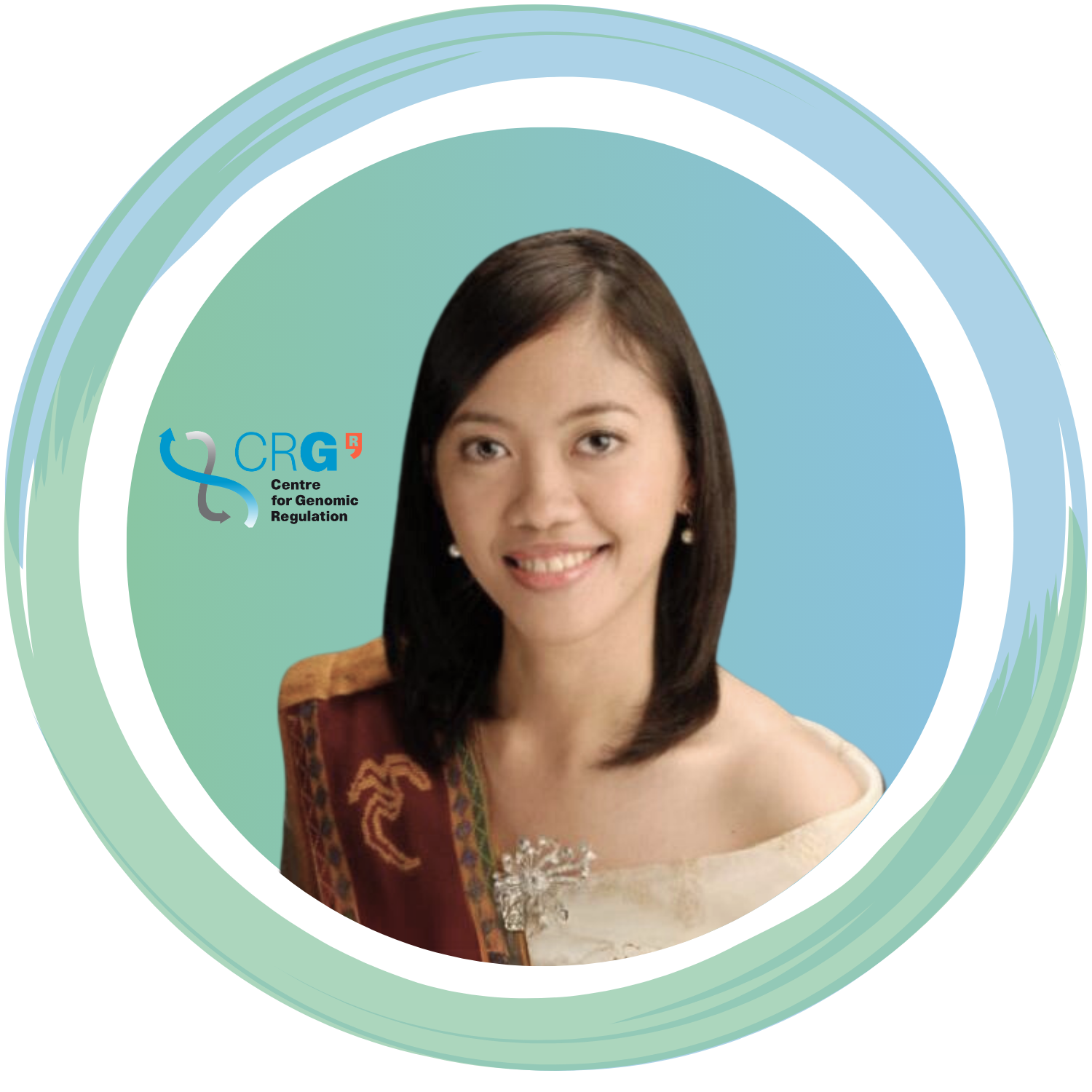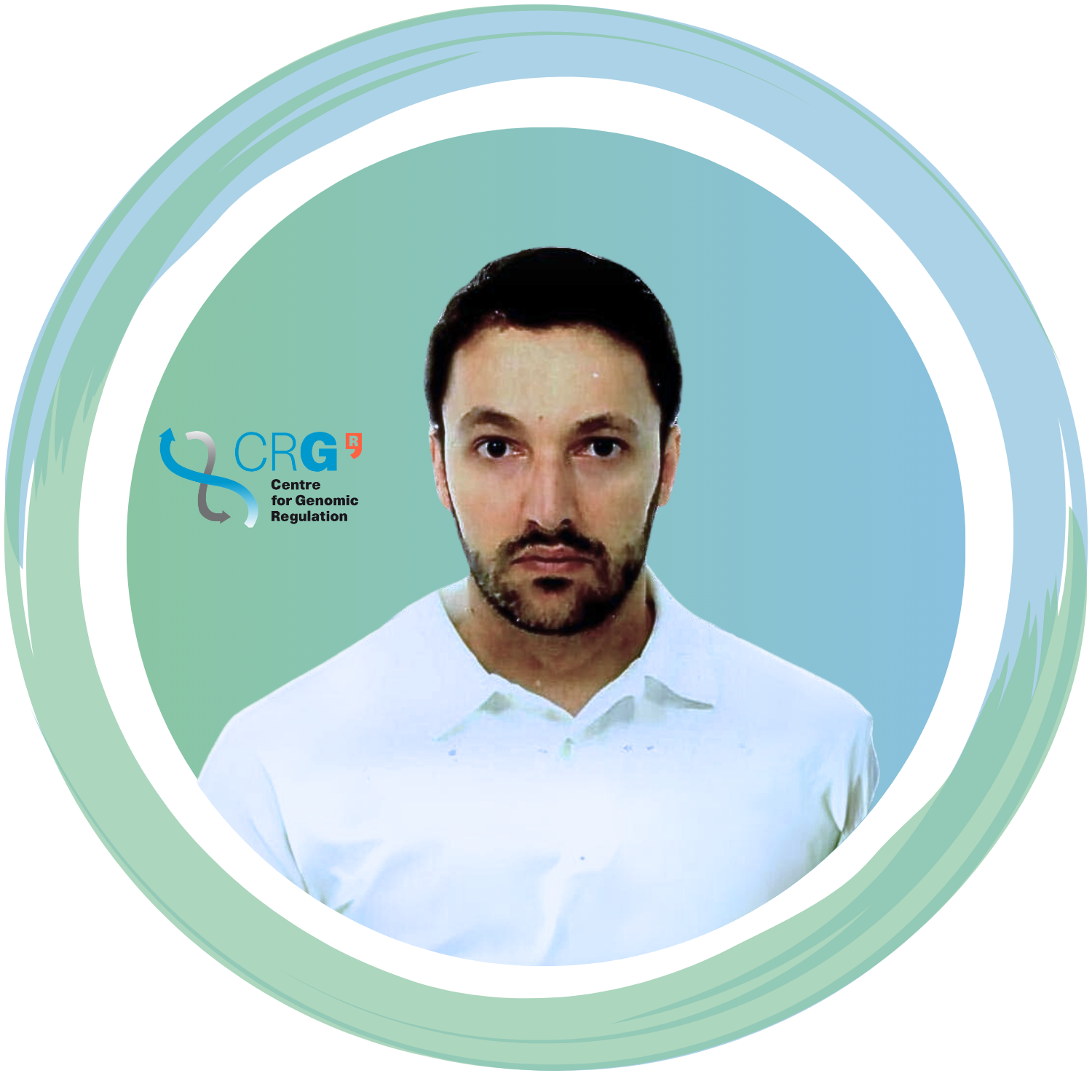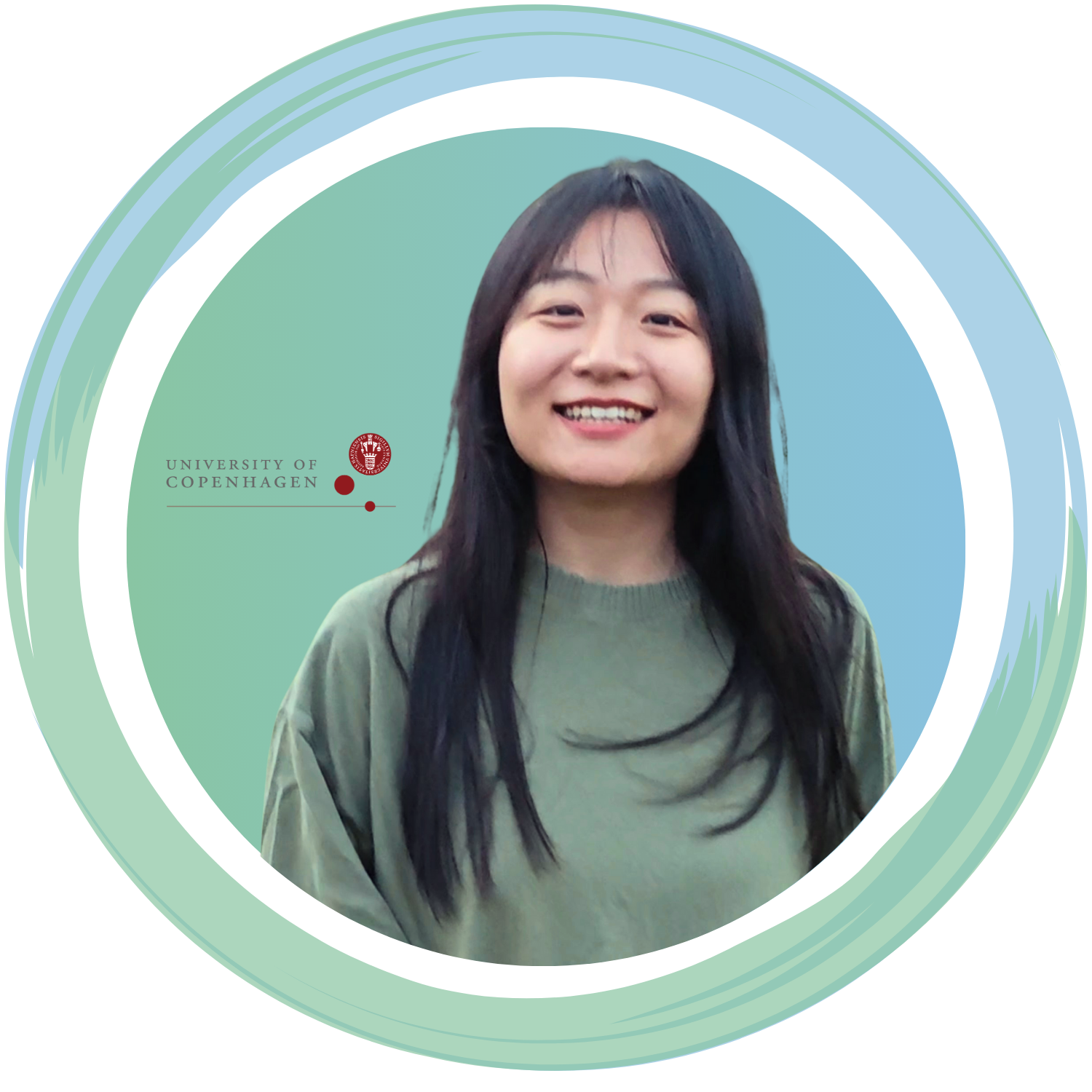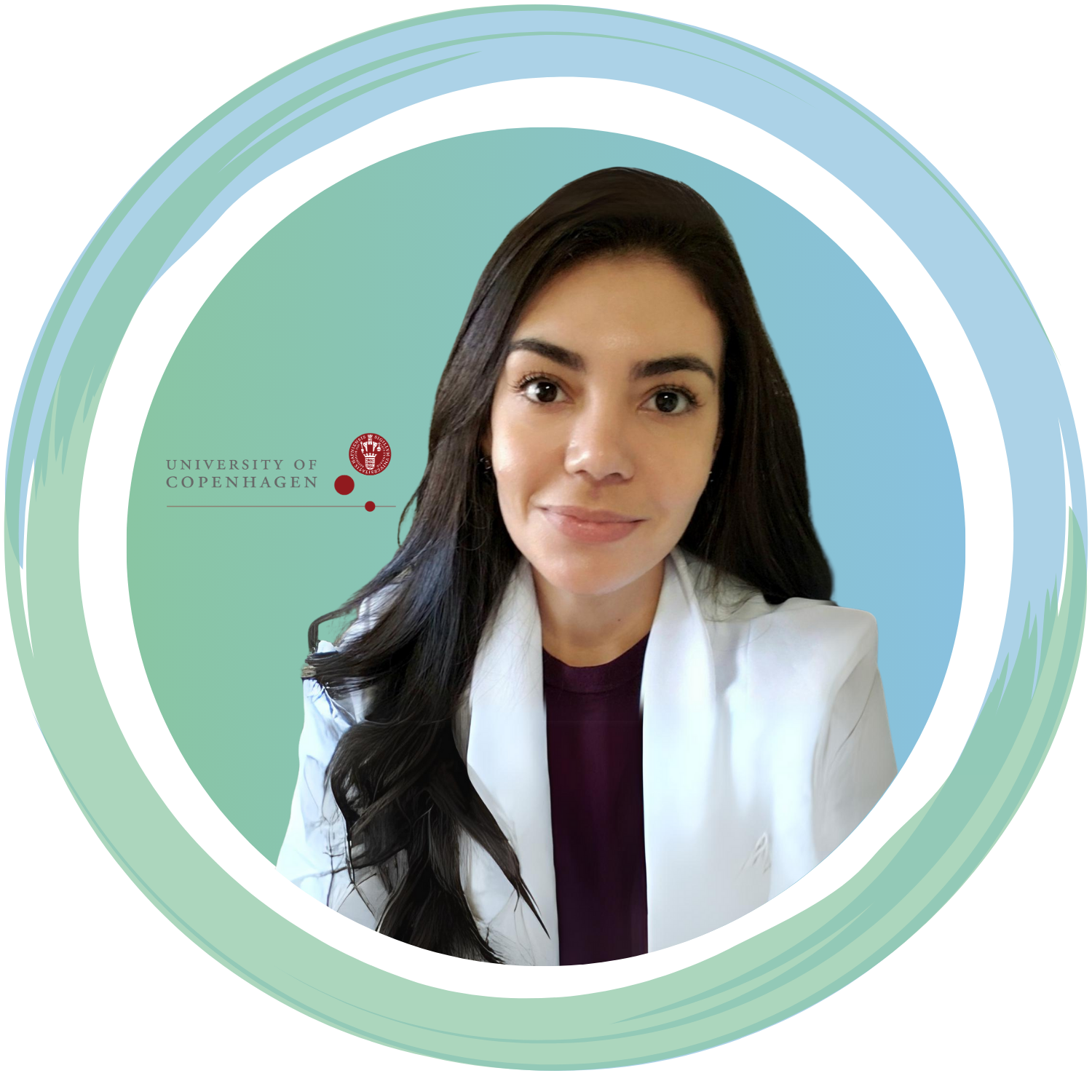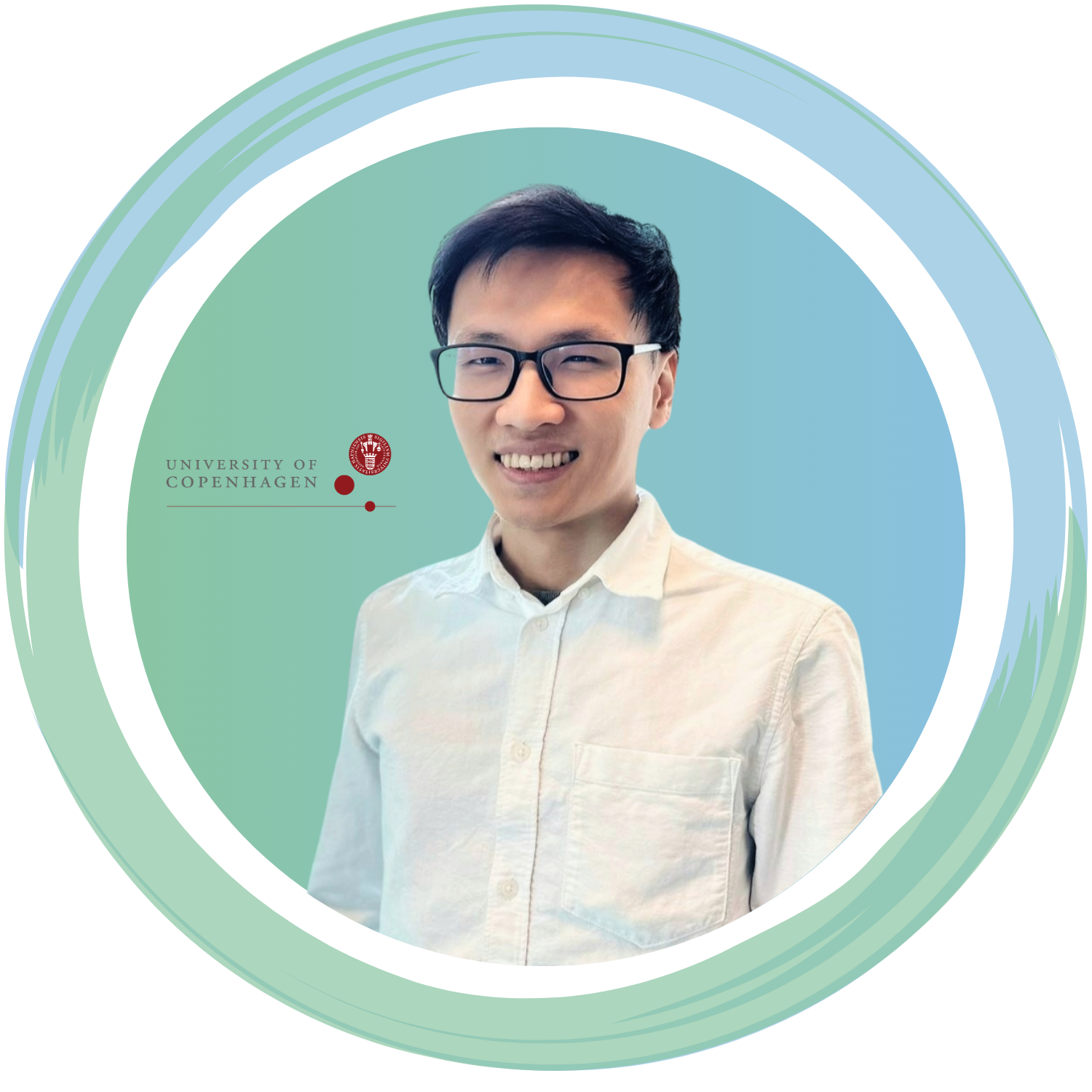The lab: Issazadeh-Navikas group
Lab's research themes
Our team focuses on neuronal immunity, the interaction between the immune and central nervous systems—specifically, the cross-regulation between immune genes and neurons in the CNS. Ultimately, our aim is to understand the mechanisms by which these cells communicate with and govern each other. We hope to identify shared molecules that are central to the stability, integrity, and function of neurons in the CNS, which also play a central role in reprogramming pathogenic T cells that enter the CNS. These neuroimmunoregulatory genes could then be targeted therapeutically to treat and prevent neuroinflammation and neurodegenerative diseases.
Merits of the lab
- IFN‐β rescues neurodegeneration by regulating mitochondrial fission via STAT5, PGAM5, and Drp1: We discovered that type I interferon signaling is crucial in neuronal health, facilitating the removal of damaged mitochondria to prevent neurodegeneration (Tresse et al., 2021).
- MitoSV-seq: An advance in mitochondrial DNA sequencing: We have developed MitoSV-seq, a high-resolution technique that sequences all types of variations in mitochondrial DNA in single cells, including neurons, with which we identified a hotspot of mutations that is common to neurodegeneration and several cancers (Jaberi et al., 2020).
- Neuronal immune genes are central in preventing neurodegeneration: We have identified that several immune genes are essential for neuronal homeostasis and function. Accordingly, we determined that the lack of the immunoregulatory cytokine IFNβ or its receptor, IFNAR1, is sufficient to cause spontaneous neurodegeneration and deficits in motor coordination and cognition in mice—resembling Parkinson disease dementia and dementia with Lewy bodies (Figure) (Ejlerskov et al., 2015).
- Neurons tame pathogenic T cells in CNS: We have discovered that neurons are central in regulating neuroinflammation—taming pathogenic T cells and reprogramming them to become FoxP3+ T (Liu et al., 2006) and FoxA1+T regulatory T cells (Liu et al., 2014). The latter, FoxA1+ Tregs, are a novel population of regulatory T cells that we identified as being induced by IFNβ to prevent neuroinflammation in multiple sclerosis and its animal model, EAE.
- Neuronal immune genes are essential for reprogramming encephalitogenic T cells: We have determined that neuronal expression of immunoregulatory genes, such as TGFβ and B7.1, is critical in the crosstalk between neurons and pathogenic T cells and for neuronal capacity to reprogram encephalitogenic T cells into FoxP3+ Tregs (Liu et al., 2006). We have also found neuronal IFNβ and PD-L1 to be central for the generation of FoxA1+Tregs (Liu et al., 2014, Liu et al., 2017).
Why we train medical doctors in our team?
The Issazadeh-Narvikas group have long-lasting established collaborative work with Danish and European MS clinics and PD clinical groups and geneticists. Our team is highly international and diverse even in their backgrounds. Majority of team members are basic biologists with specialty either in immunology, neuroscience or neuroimmunology but we have also trained MDs and host MD-PhD as postdocs.
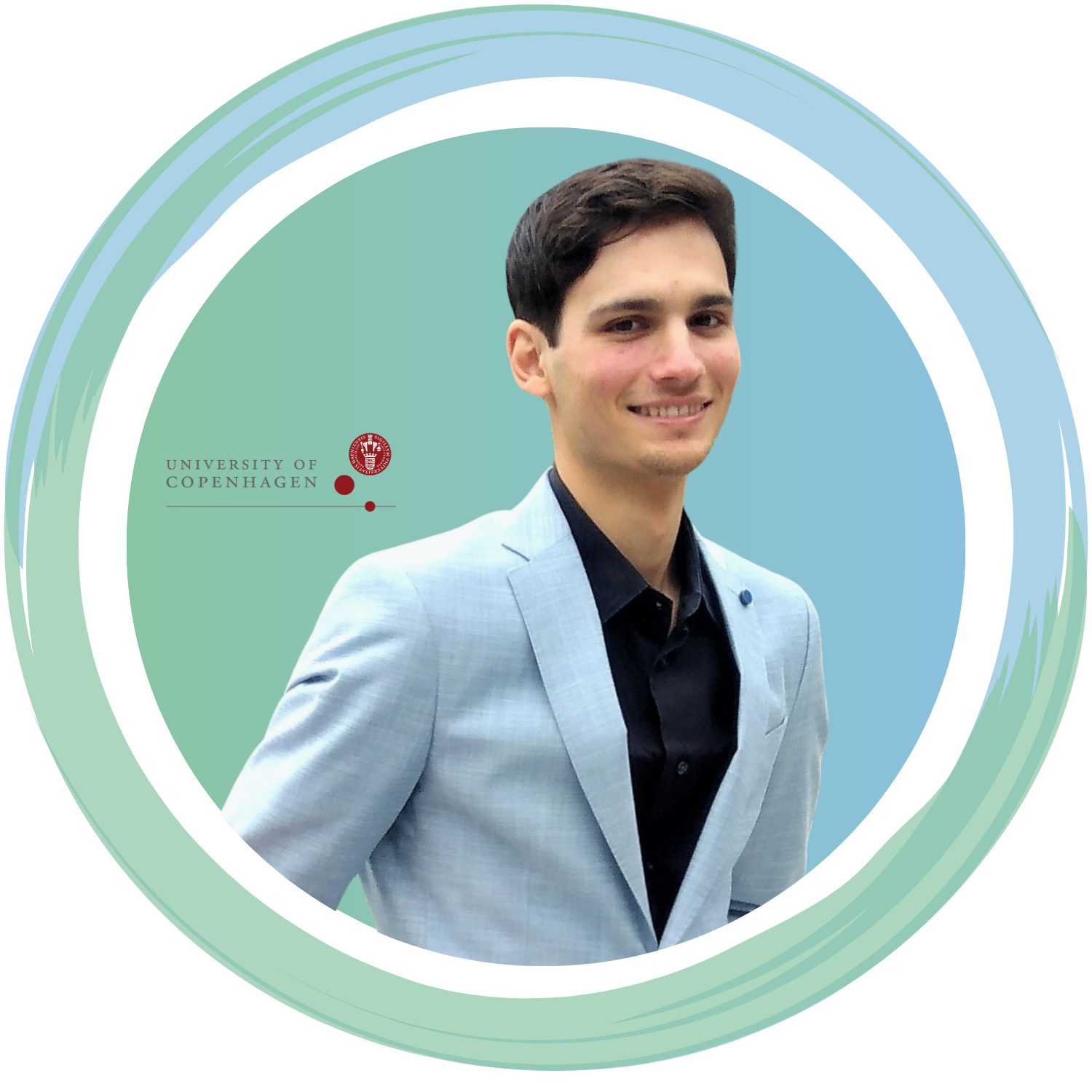
The position
Meet Omar!
Biosketch
Omar completed his medical studies at the Faculty of Medicine of the University of Ljubljana, Slovenia. He has been a science enthusiast since early childhood, loving to join scientific exhibitions or workshops whenever possible. In high school years, he participated in many national and international science competitions, which made his interest in natural sciences grow further. During his medical training, he conducted a student research project in the field of biophysics, took part in public-health-oriented student initiatives, aiming to educate the young about health promotion, and had an opportunity to travel and complete various clinical and research exchanges (in Brazil, Turkey, Indonesia, Peru and Finland), which gave him a wider view on healthcare challenges globally. During his clinical training, his strong interest in neurology and neuroscience sparked. After finishing graduation and a medical internship, he completed clinical rotations at the Department of Neurology and Neurosurgery of the University Medical Centre in Ljubljana to gain more experience in these specific medical fields. During this period, his aspiration to push the boundaries of neuroscientific research further, especially related to brain regeneration, led him to begin his doctoral studies in molecular neurobiology at BRIC in Copenhagen. Afterwards, he plans to continue with specialisation in neurology, eventually combining clinics with research and paving his way to becoming a physician-scientist.
University awarding the PhD
Omar is currently enrolled at Copenhagen University, in the Molecular Mechanisms of Disease (MoMeD) local PhD Programme.
I decided to become a physician because…
My decision to study medicine was mainly based on my fascination with natural sciences, especially concerning human biology. In my eyes, it combined all the major natural science disciplines, such as physics, chemistry and biology, into a beautiful and very meaningful whole. As I went through the clinical part of the studies, I became more aware of what being a physician and working with patients really entails, which brought another, more psychological and social dimension to the picture. For me, it has proven to be as deeply fulfilling as the fascinating science behind the medical discipline, making me feel humbled and grateful to have decided to become a physician.
But also, I wanted to become a scientist because…
The idea of exploring how complex human biology works, with curiosity and admiration, has always been very attractive to me. Additionally, I have long felt drawn to experience the work of a scientist and acquire specific academic and experimental skills – because of the challenges, independence and creativity that such type of work offers. But most importantly, a decision to become a scientist finally crystallised with the realisation of the long-standing need for novel, causative treatment options in the field of neurology, particularly in the case of neurodegenerative diseases, in which the available treatments remain mostly symptomatic.
What I am working on?
Adult neurogenesis involves the processes that end in new neurons being born in the brain. First, there is self-renewal and proliferation of adult neural stem cells (aNSCs), then migration of neural progenitors (NPCs) to the specific brain regions or damaged brain areas and, finally, functional integration of new neurons into the brain networks. The factors that influence the levels of adult neurogenesis are many, immune signalling and cytokines being among them. Interestingly, loss of INFβ-IFNAR immune signalling has been shown to decrease the levels of hippocampal neurogenesis. Neuronal INFβ-IFNAR signalling plays an important role in mitochondrial homeostasis and dynamics and autophagy processes in neurons. Its loss causes pathological proteins to aggregate, dysfunctional mitochondria to accumulate and Lewy bodies to form, leading to dopaminergic and striatal neuronal loss and a PD phenotype in rodents and humans. My project will focus on three main aims. First, I will investigate how exactly INFβ-IFNAR signalling affects the proliferative capacity of aNSCs in vitro stem cell cultures, followed by elucidating its effect on the migration and differentiation capacity of cultured neurospheres. Finally, I will assess how neuronal INFβ-IFNAR signalling affects adult neurogenesis in vivo. In vitro cellular models will include primary mouse neural stem and progenitor cells (NPCSs) and patient-derived NPCs, carrying a loss-of-function mutation in the IFNAR1 gene. In vivo models will be based on IFNB and IFNAR1 knockout mice.
Why is this important to me as a medical doctor?
Besides being an exciting field of research in molecular neurobiology, I believe that regenerative therapies hold tremendous potential to give us tools to revert neuronal damage already present in neurodegenerative diseases at the time of diagnosis. To date, it is not clear how adult neurogenesis is involved in the pathophysiology of neurodegenerative diseases, such as Parkinson’s disease (PD), and whether it has the capacity to regenerate disease-related neuronal loss. What we do know is that adult neurogenesis substantially decreases with age and that it appears to be somehow additionally impaired in neurodegenerative diseases. If we could find a way to support and sustain adult neurogenesis throughout the ageing and neurodegenerative process, by targeting specific molecular pathways or by therapeutical, even behavioural interventions, we might be able to alleviate or even reverse the progressive neuronal loss, present in neurodegenerative diseases. The basic knowledge built from such findings could potentially become applicable and translatable to a wider spectrum of neurological diseases.
Who am I besides a future physician-scientist?
Besides being a physician, geeky about the neurons and the brain, I am a former professional artistic gymnast, now training only occasionally, staying in touch with the world of gymnastics mostly by being an international men’s gymnastics judge. Recreational running, hiking, skiing and certain martial arts, such as taekwondo, are other sports activities that I enjoy a lot. In a way, I am also a musician, learning to play guitar and ukulele at the moment, while having a formal education in violin and piano, which I still love to play whenever I come across them. Among other hobbies, birdwatching, peaceful walks in nature, travelling and exploring new places are my favourites. Another geeky interest of mine is science fiction books and movies, especially if they are related to space.


